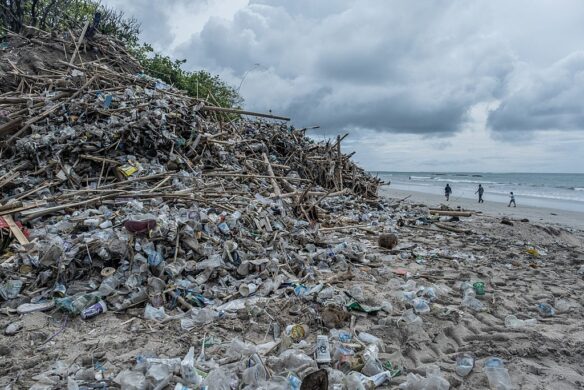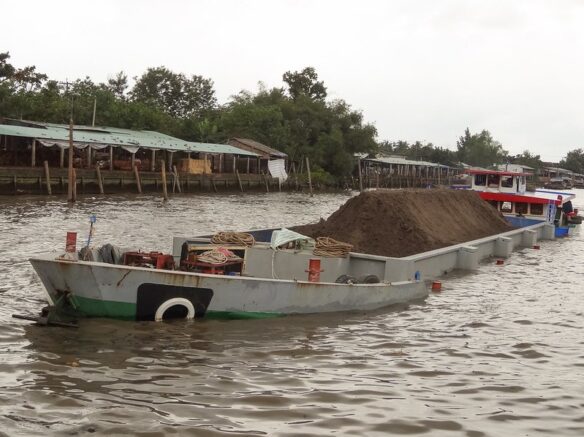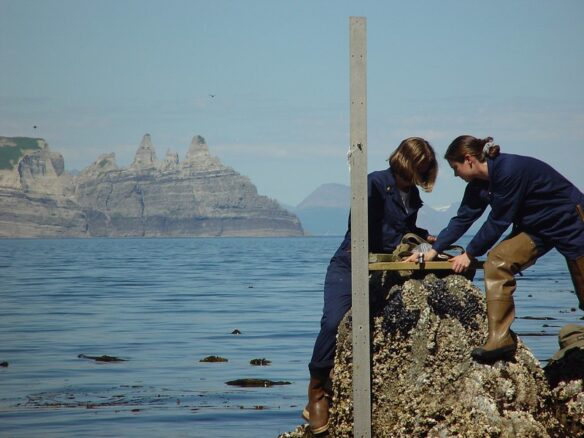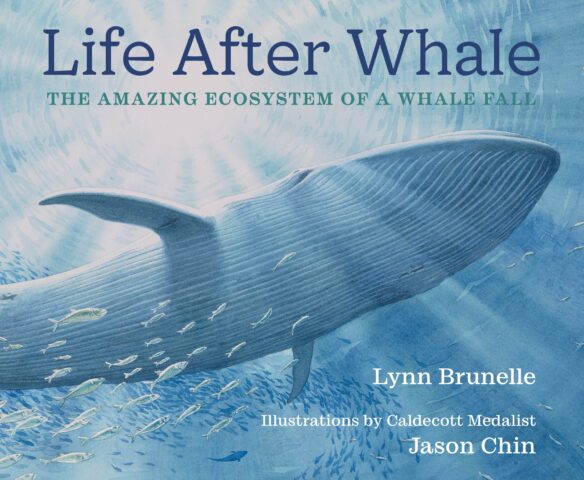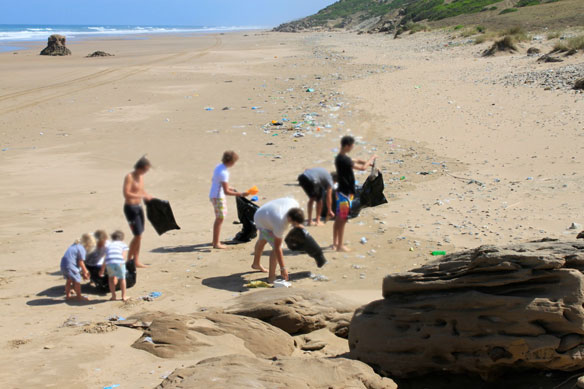
Photograph: © SAF — Coastal Care
By NOAA;
If you arrived at your dream beach only to find it littered with plastic and other rubbish, would you stay and play — or be on your way?
A recent NOAA-funded study found that when the amount of marine debris normally on beaches is doubled, coastal economies could experience a substantial negative impact due to a decrease in beach visits and loss of economic activity in those communities.
For example: The largest potential economic loss was calculated for Orange County, California, where a doubling of the typical amount of debris was estimated to cause a $414 million decrease in local tourism-related spending and a loss of nearly 4,300 jobs.
Conversely, along Ohio’s Lake Erie shoreline, a reduction of marine debris to near zero was estimated to add $217 million in local, tourism-related spending and more than 3,700 jobs.
The outcomes from this study further our understanding of how marine debris can affect the financial health of coastal communities that depend on beach recreation. Preventing marine debris before it enters our ocean, Great Lakes and waterways, can protect and help sustain a thriving coastal tourism economy.
To learn more, see our Story Mapoffsite link and NOAA’s Marine Debris Program website.

